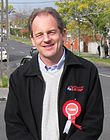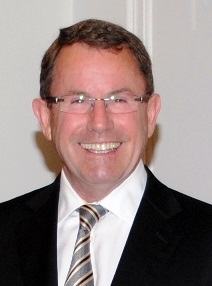
John Archibald Banks is a New Zealand former politician. He was a member of Parliament for the National Party from 1981 to 1999, and for ACT New Zealand from 2011 to 2014. He was a Cabinet Minister from 1990 to 1996 and 2011 to 2013. He left Parliament after being convicted of filing a false electoral return – a verdict which was later overturned.
The Kiwi Party was a political party operating in New Zealand between 2007 and 2011. Briefly known as Future New Zealand, it was a breakaway from the United Future New Zealand party and sought to carry on the tradition of Future New Zealand. The party was formed when MP Gordon Copeland left United Future after a dispute over support for the Crimes Amendment Act 2007. At the 2008 general election, the Kiwi Party was unsuccessful, and was not re-elected to Parliament. It did not contest the 2011 general election under its own banner, but the leaders and other members stood for the Conservative Party.

Charles Pierre Chauvel is a New Zealand lawyer and former New Zealand politician who was a Labour list Member of Parliament (2006–2013) until his resignation to take up a position with the UN Development Programme. He was the first New Zealand MP of Tahitian ancestry.
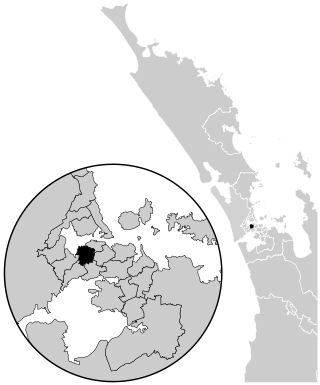
Mount Albert is a parliamentary electorate based around the suburb of Mount Albert in Auckland, New Zealand, returning one member of Parliament (MP) to the House of Representatives. It has elected only Labour Party MPs since it was first contested at the 1946 election. The electorate is currently held by Helen White and was recently represented by Jacinda Ardern, formerly Prime Minister of New Zealand, who was first elected in a 2017 by-election and stepped down from parliament on 15 April 2023. Before her, Mt Albert was represented by David Shearer from 13 June 2009 to 31 December 2016; it was represented by Helen Clark from the 1981 general election until her resignation from Parliament on 17 April 2009.

The 49th New Zealand Parliament was elected at the 2008 election. It comprised 122 members, including an overhang of two seats caused by the Māori Party having won two more electorate seats than its share of the party vote would otherwise have given it. The Parliament served from 2008 until the November 2011 election.
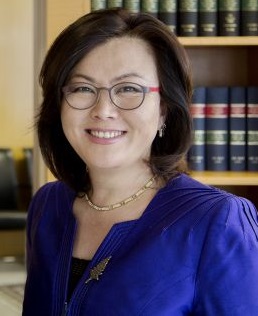
Melissa Ji-Yun Lee is a New Zealand politician. She was elected to the House of Representatives as a list MP for the National Party in the 2008 election. As of 2018, she is the National Party's spokesperson for broadcasting, communications, digital media, and ethnic affairs.
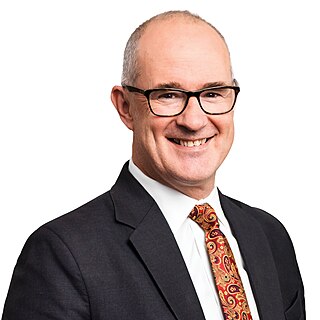
Philip Stoner Twyford is a politician from New Zealand and a member of the Labour Party. He has been a Member of Parliament since 2008. He is the Labour Party MP for Te Atatū.

John Spencer Boscawen is a former New Zealand politician. He is a member of the ACT New Zealand Party and served as a member of the New Zealand House of Representatives from 2008 to 2011.

David James Shearer is a New Zealand United Nations worker and politician. He was a member of the New Zealand Parliament for the Labour Party from 2009 to 2016, serving as Leader of the Opposition from 2011 to 2013.

Seventy members of the New Zealand House of Representatives elected in the 2011 general election were from single member constituencies, the same number as in 2008. The initial composition of the 2008 Parliament gave the National Party 41 seats, the Labour Party 21, the Māori Party five and ACT, United Future and the Progressive Party one each.

A by-election was held in the New Zealand electorate of Botany on 5 March 2011. The seat was vacated by former National Ethnic Affairs Minister Pansy Wong, who announced her resignation from the New Zealand Parliament on 14 December 2010 following allegations her husband Sammy had misused taxpayer money in relation to overseas travel.
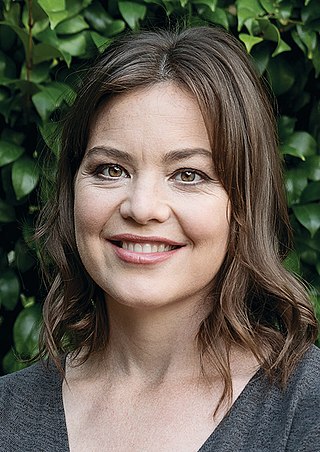
Julie Anne Genter is an American-born New Zealand politician who is a member of the House of Representatives representing the Green Party of Aotearoa New Zealand. Genter was elected to each Parliament from 2011 to 2023 on the party lists, before being elected as the Member of Parliament for the Rongotai electorate in the 2023 election. She served as the Minister for Women, Associate Minister for Health and Associate Minister for Transport during the first term of the Sixth Labour Government. She holds dual citizenship of New Zealand and the United States.
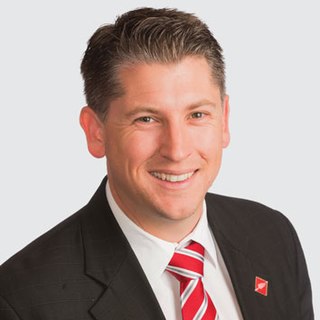
Michael Philip Wood is a New Zealand Labour Party politician and a former member of the New Zealand House of Representatives, representing Mount Roskill between 2016 and 2023.

The 2017 Mount Albert by-election was a New Zealand by-election held in the Mount Albert electorate on 25 February 2017 during the 51st New Zealand Parliament. The seat was vacated following the resignation of David Shearer, a former Leader of the New Zealand Labour Party.
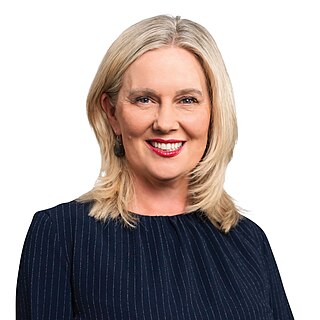
Helen Ione White is a New Zealand politician. In 2020 she became a Member of Parliament in the House of Representatives for the Labour Party. In 2023, she was chosen by Labour to contest the Mount Albert electorate, previously held by former Prime Minister Jacinda Ardern. White won the seat, holding it for Labour, but by a significantly reduced margin of 18 votes.

This page lists candidates contesting electorates in the 2020 New Zealand general election.

Naisi Chen is a New Zealand politician who served as a Member of Parliament for the Labour Party from 2020 to 2023.
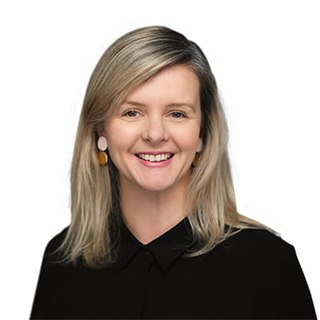
Camilla Vera Feslier Belich is a New Zealand lawyer and politician who became a Member of Parliament, representing the New Zealand Labour Party, in 2020.

Ricardo Menéndez March is a New Zealand activist and politician who, since 2020, is a Member of Parliament for the Green Party of Aotearoa New Zealand in the House of Representatives.

This page lists candidates contesting electorates in the 2023 New Zealand general election.

